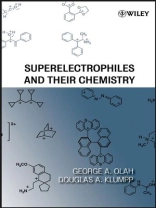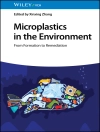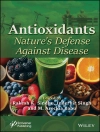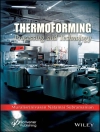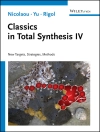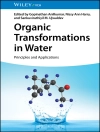Superelectrophiles and Their Chemistry contains, for the first-time, a discussion of the basics of this emerging field of organic chemistry, alongside tools to help the reader apply the chemistry. Specific tools include an evaluation of the ways to increase the strength of electrophiles, the classification of superelectrophiles, the solvation issues, a review of methods for studying superelectrophilicity, with details of the superelectrophiles that have been identified and studied. Additional information includes substituent effects in activation of superelectrophiles, and solvation in chemical reactions, as well as an insightful look into future applications.
Tabela de Conteúdo
Preface.
1. General Aspects.
2. Study of Superelectrophiles.
3. Generating Superelectrophiles.
4. Gitonic Geminal Superelectrophiles.
5. Gitonic Vicinal Superelectrophiles.
6. Gitonic 1, 3-Superelectrophiles.
7. Distonic Superelectrophiles.
8. Significance and Outlook.
Index.
Sobre o autor
George A. Olah, Ph D, is the 1994 Nobel Laureate in Chemistry
and the winner of numerous other prestigious awards, including the
American Chemical Society’s Priestley Medal, Award for Petroleum
Chemistry, Award for Creativity in Synthetic Organic Chemistry, and
Roger Adams Medal, the Michaelson-Morley Award, and the Chemical
Pioneer Award from the American Institute of Chemists. Professor
Olah has published more than 1300 scientific papers, holds over 100
patents, and has served as coauthor or author of more than twenty
books and monographs. He is currently Director of the Loker
Hydrocarbon Research Institute and the Donald P. and Katherine B.
Loker Distinguished Professor of Organic Chemistry at the
University of Southern California at Los Angeles.
Douglas A. Klumpp, Ph D, is an Associate Professor at
Northern Illinois University in the Department of Chemistry and
Biochemistry. Following a postdoctoral fellowship in the Olah
research group, Professor Klumpp initiated his own research into
the chemistry of reactive electrophilic systems; he has applied
this chemistry to the development of synthetic methods and the
study of reaction mechanisms.
